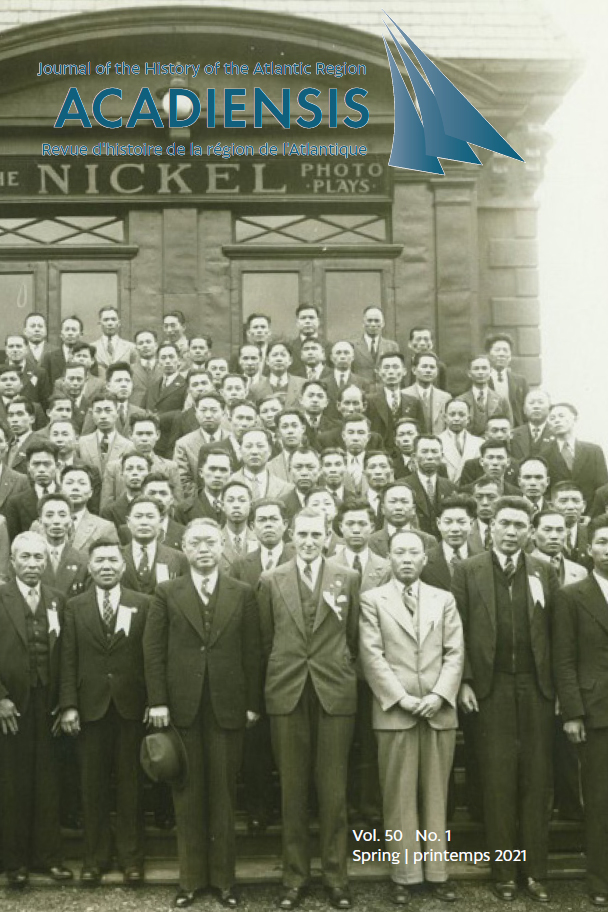Abstract
Archaeological investigations of four Acadian settlements have revealed a curiously high number of pairs of sewing and embroidery scissors present at the homesteads. This article examines those artifacts and finds that the high ratio of fine-work tools and the decorative nature of many of the examples reveal a cultural interest in embroidery and embellishment, and a connection to changing European conceptions of genteel feminine accomplishment. These status signals read differently in the Acadian settlement context, which may in turn have contributed to outside observers’ impressions of the Acadians as indolent and without respect for the structure of colonial authority.
Copyright for articles published in this journal is retained by the author(s), with Acadiensis being granted a non-exclusive licence to each and every right in the work throughout the world. After publication of the work, the author(s) shall have the right to self-archive the work and to reprint the work in whole or in part in books authored by or edited by the author(s) without the payment of any fee. In these other formats, however, the author or authors are required to acknowledge the original publication of the work in the pages of the journal. In the case of any requests to reprint the work, Acadiensis will require a standard permission fee -- to be divided equally between the journal and the author. In the event that such requests are received by the author(s), the author(s) shall direct such requests to the journal.

